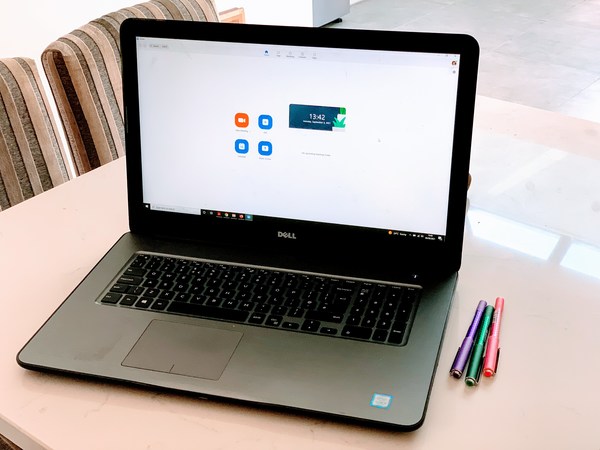During the pandemic, many of us had to embrace a new way of working. This emergency way of working included remote working and offering Zoom therapy. Having had to offer online therapy sessions for the length of time that we did, many practitioners, myself included, are now seeing the potential benefits of continuing to offer a hybrid way of working going forward. It seems like a hybrid of online and face to face work is going to be the new normal. But how does this work in practice and what does it mean for clients?
Hybrid Working
Essentially, offering a hybrid is going to mean offering some sessions online via Zoom, and some sessions face to face. For many practitioners, offering Zoom sessions has meant that geographic boundaries are no longer an issue. We don’t have to limit our availability to those who are local and we can extend our reach a lot further. It also means that for those clients who have perhaps moved house during or since the pandemic, we can continue to have sessions together online. In offering a blended approach there are ethical issues to consider too. I will be working over the coming weeks to address such points.
Scheduling and Flexibility
The reality of hybrid working means that scheduling may be affected. The room I currently use for Zoom sessions would also be the room in which I see clients face to face. I currently have a laptop set-up on a table and the room is set up in a way conducive to comfortable working with just myself in mind. The set-up is likely to need tweaking for face to face sessions. This means that it is necessary to consider scheduling so that it doesn’t entail room rearrangement through the day.
Any transition and change will be addressed on an individual basis. What works for one person may not work for another. I will recontract with clients one-to-one to find a way to work going forward.
Moving Forward
As we readjust to life beyond lockdown there are still other considerations to bear in mind. There is much to navigate and unforeseen changes may still lay ahead. An innate human ability to adapt and grow to accommodate different circumstances has certainly been evident. Undoubtedly this will continue with however the rest of 2021 pans out. With this there is also an opportunity to expand our toolkit that can meet the growing needs of our client base. I for one relish the potential to embrace what lays ahead.



